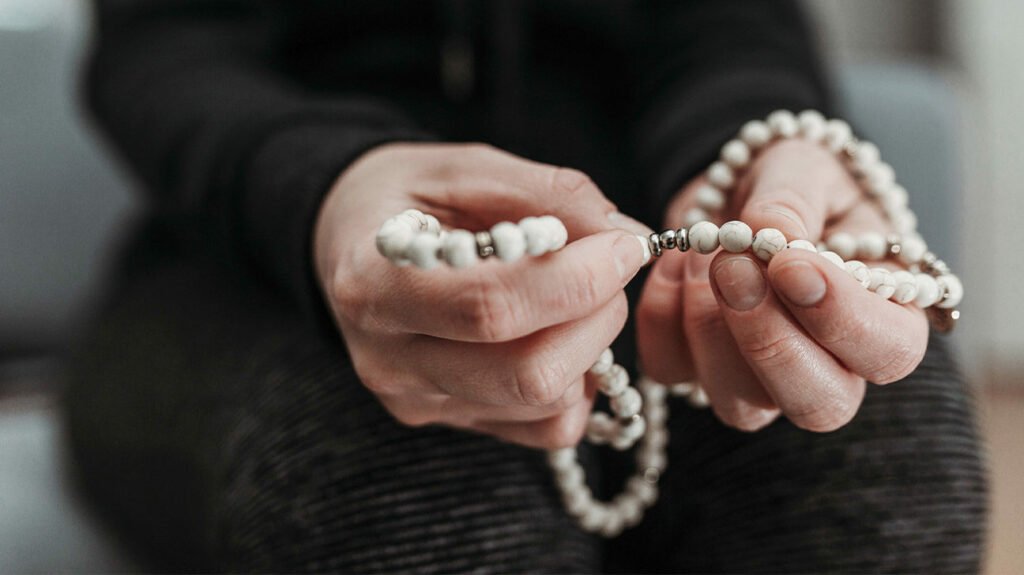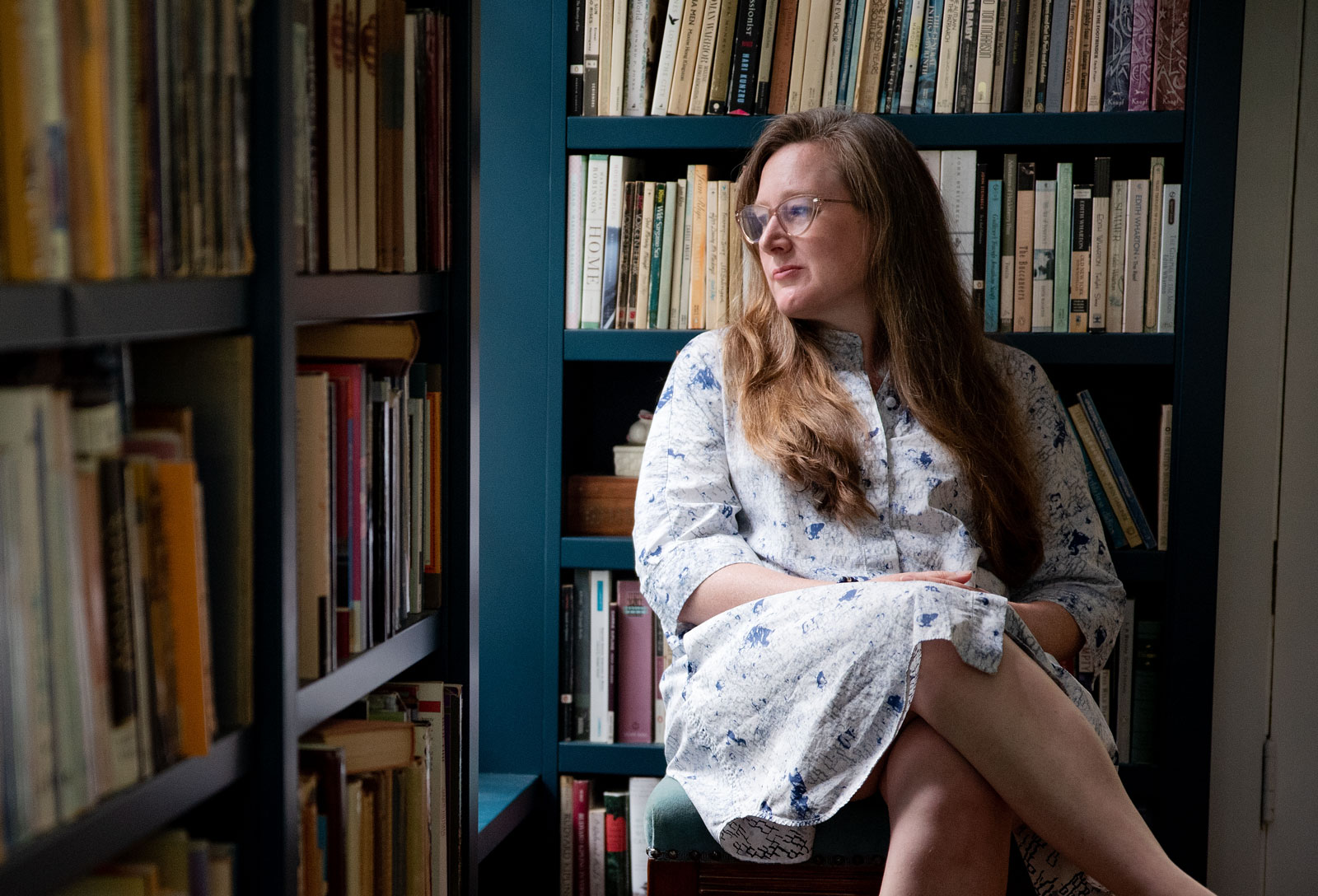6 Things You Think You Need—But Minimalists Don’t Have
In a world that constantly tells us to buy more, minimalists have learned a different lesson: less is often more. Many of the things we think we need—whether it’s the latest trends or the idea of “keeping up”—often don’t...


In a world that constantly tells us to buy more, minimalists have learned a different lesson: less is often more. Many of the things we think we need—whether it’s the latest trends or the idea of “keeping up”—often don’t add real value to our lives.
Here are six things you may think you need, but minimalists have chosen to live without, proving that true happiness doesn’t come from buying more stuff.
1. Fast Fashion
Fast fashion may seem like a great way to stay on trend without spending a fortune, but it comes with hidden costs. Minimalists avoid buying trendy clothing that’s made to wear out quickly. Instead, they choose timeless, high-quality pieces that last for years. By investing in fewer, better items, they reduce waste and avoid the cycle of constantly buying new clothes to stay ‘in style.’
2. The Newest Technology
With every new phone, gadget, or tech upgrade, we’re tempted to believe that owning the latest technology will somehow improve our lives. But minimalists know that constantly upgrading doesn’t necessarily lead to more happiness or productivity. They’re content with using what they already have until it no longer serves its purpose, rather than chasing the next new thing. The focus shifts from owning the best to making the best of what they have.
3. A Large House
Many people dream of a large house with more rooms and more space—but minimalists challenge this idea. A bigger house often means more upkeep, more cleaning, and more time spent maintaining a space you don’t fully use. Minimalists prioritize functionality and only buy the amount of space they need, choosing to focus their time, energy, and money on what truly matters in life rather than maintaining a large, empty home.
4. Trendy Home Decor
Trendy decor can seem appealing, but it’s another area where minimalists take a step back. Constantly switching out home accessories to match the latest trends creates clutter and waste. Instead, minimalists opt for simple, timeless decor that reflects their personal style and remains consistent throughout the years. This approach creates a calm, uncluttered environment that promotes peace and simplicity.
5. Multiple Credit Cards
Credit card companies often lure us in with enticing offers of rewards, points, and cash back. But minimalists tend to steer clear of multiple credit cards because they can lead to overspending and financial clutter. Instead, minimalists may stick with one or two essential cards and prioritize living within their means, avoiding unnecessary debt and the temptation to buy more just to earn points.
6. A Busy Schedule
While a packed schedule might seem like a sign of success, minimalists see it differently. They understand that busyness can lead to stress and burnout, so they prioritize slowing down and making room for what truly matters. Instead of filling their calendars with endless tasks and obligations, they value free time for rest, creativity, and meaningful connections. Minimalists have learned that saying no to busyness means saying yes to a more intentional and fulfilling life.
Minimalists have found freedom in letting go of things they don’t need—whether it’s material possessions, the pressure to keep up with trends, or the need to stay constantly busy. By choosing to focus on what truly adds value to their lives, they create more space, time, and peace. If you find yourself overwhelmed by the constant drive to buy or do more, consider adopting a minimalist mindset. You might find that less really is more.

 Astrong
Astrong 
































